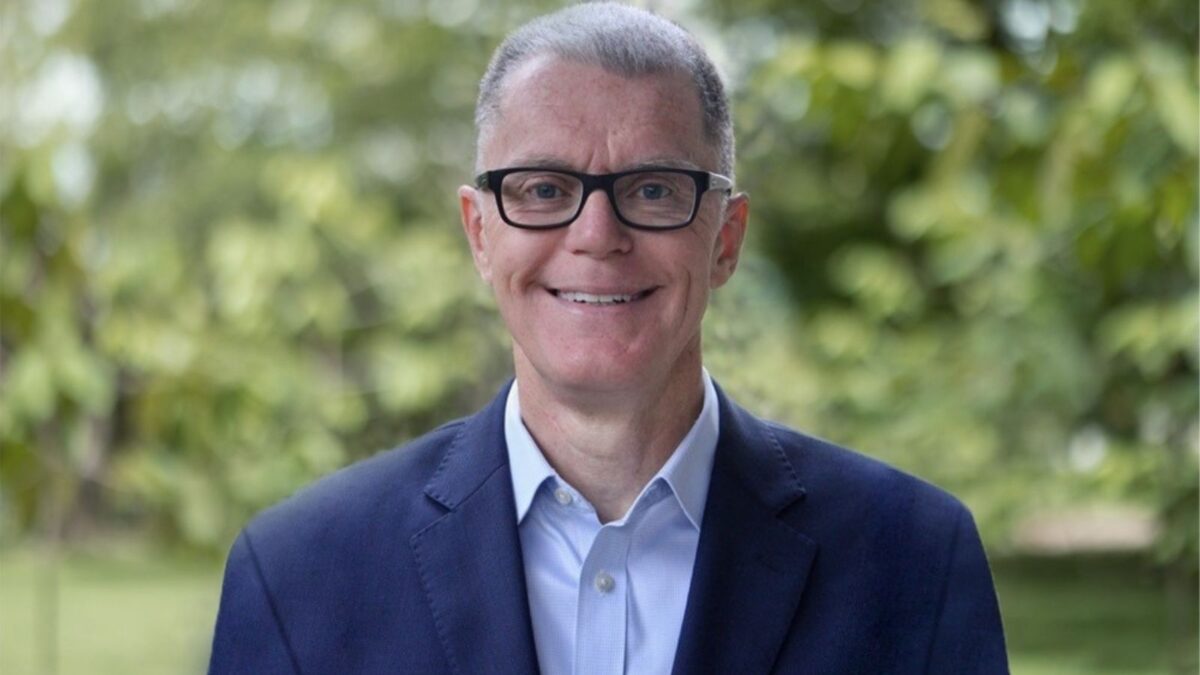State Street study points to new field of work on motivations
The funds management industry has known for a long time that human foibles – behavioural biases – can make or break an investment strategy. Now, however, State Street has put together a body of research which goes way beyond behavioral finance in the study of the human element to investments.
After about 18 months of work, State Street’s academic arm, the Centre for Applied Research (CAR), has come up with, in shorthand, ‘Phi’ as a missing variable in our understanding of both individual and organizational behaviour in the industry. And the researchers have attempted to measure and quantify its impact.
The research report, ‘Discovering Phi: Motivation as the Hidden Variable of Performance’ says that addressing this variable, which consists of “purpose, habits and incentives” that explain motivation, has widespread implications for the future of the investment management industry.
The research, released in the Asia Pacific region last week, ahead of its release in the US, is the latest major biennial study by State Street in its ‘flagship series. The previous one was the ‘Folklore of Finance’, published in 2014. The latest work follows a survey of almost 7,000 respondents, including 3,600 individual investors and 3,300 investment professionals in 20 countries, plus in-depth interviews with another 200 industry leaders. The latest research was conducted in conjunction with the CFA Institute.
As part of a series of meetings in the Asia Pacific – Tokyo, Singapore, Hong Kong, Melbourne and Sydney – Suzanne Duncan, a co-author of the study and a senior v.p. of CAR based in Boston, said that academics had been studying motivation theory for 50-or-more years. Now it had been applied to the investment management industry, with some surprising results.
The Phi motivation, with its three driving forces of purpose, habits and incentives, is distinctly different from the short-term outperformance motivation or asset-gathering focus of the fund management industry, the report says.
The impact of different levels of Phi in an organisation are significant. For instance, a one point or 25 percentage points increase – out of a four-point score reading – gives a firm a 28 per cent better chance of having excellent organizational performance. It also gives the firm a 55 per cent better chance of having excellent client satisfaction and a 57 per cent better chance of excellent employee engagement.
But only 17 per cent of the investment professionals surveyed and interviewed were estimated to have had a high Phi reading in the study. While the two are not strictly comparable, in a separate study, by State Street Global Advisors, of the shared values and beliefs of employees in various industries, the finance sector came in 12th out of 13 industries.
Perhaps more disturbingly, women and younger people tend to have a higher Phi than men and older people, but in the investment industry the levels of the two – men and women – were about equal. This tends to indicate our industry “beats the Phi out of them”, Duncan said.
On a regional basis, Asia Pacific fares pretty well, though. It has the second highest Phi globally after the Americas. Asset managers in the region tend to have higher Phi than asset owners and insurance firms.
Duncan said: “Building a culture and environment with aligned purpose, habits and incentives can give organizations a competitive advantage that is sustainable and will benefit clients, the providers themselves and ultimately society as a whole.
“When investment professionals are asked to deliver against inappropriate metrics on an inappropriate time horizon, their passion for markets eventually becomes divorced from their true purpose – achieving the long-term goals of the investors they serve. Investment performance today isn’t only about alpha; it must focus on phi: a purpose-driven motivation that represents the greatest potential for performance, across market cycles.”
According to the findings, maximizing phi among investment management professionals, investment management firms and their clients may be one of the most promising ways of creating value and trust in the industry. The good news for the Australian investment industry is that 59 per cent (53 per cent globally) of the investment professional respondents said they pursued a career in investment management because they were passionate about financial markets, and 46 per cent (40 per cent globally) report that it is an important reason they stay in the industry.
Some key findings from the study are:
- Despite this passion, there is a disconnect from purpose. Just 26 per cent (28 per cent globally) of Australian respondents said they remained in the investment management industry for the purpose of helping clients achieving financial goals, and only 6 per cent (5 per cent globally) to contribute to economic growth.
- The Australian investment industry has a significant opportunity to improve Phi and it starts with leadership
- Only 42 per cent (44 per cent globally) of professional investors believe their leaders articulate a compelling vision.
- 41 per cent (same percentage globally) agree that leaders talk to employees about their most important values and beliefs.
- 40 per cent (33 per cent globally) believe that leaders are spending time teaching and coaching employees.
- 47 per cent (40 per cent globally) of professional investors think their leaders re-examine critical assumptions and beliefs.
(Phi, the 21st letter of the Greek alphabet, an alphabet with which mathematicians and investment professionals are well familiar, is often used to signify the irrational number found in nature known as the ‘golden ratio’. In mathematics, two quantities are in the ‘golden ratio’ if their ratio is the same as the ratio of their sum to the larger of the two quantities. It can be thought of as ‘in balance’.)
– Greg Bright









